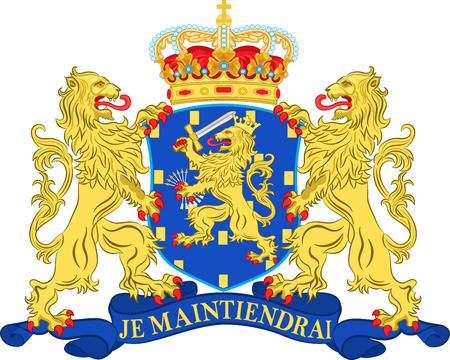Last April, the Dutch Minister of Foreign Affairs, Stef Blok, addressed a letter in response to the President of the House of Representatives (Tweede Kamer) expressing appreciaton for the recommendation of the European Ombudsman on transparency of the legislative process of the Council.
Mr Blok wrote: “It is with great interest that I took note of the research and recommendations the European Ombudsman has made of her own initiative on transparency in the Council’s legislative process”. However, Mr Blok crucially added: “Despite the efforts of The Netherlands, together with a number of like-minded Member States, improving transparency of EU decision-making is (still) not widely supported within the Council”.
Noting that the EU Ombudsman Emily O’Reilly recommended that Member States’ positions during ongoing discussions should be registered and known publicly, Mr Blok recalled that the Netherlands argued favourably for the amendment of the Council’s Rules of Procedure so that in the case of a request for access to documents in current legislative dossiers which include positions, in principle these should be released, possibly proactively. Unfortunately the Dutch proposal to change the Rules of Procedure, advocated by the Ombudsman also, “could not count on the support of other Member States” and nothing has changed since then.
Mr Blok stressed that “As far as the government is concerned, documents that are part of the current legislative process should, if possible, be actively made public”.
We take note of the positive commitment expressed by the Dutch government. The European Ombudsperson’s recommendations are completely in line with those expressed in our proposal for the development and adoption of a civil right to know, as only the proactive involvement of citizens during the entire decision-making process can guarantee democratic control and accountability on the one hand, and civic participation and trust on the other, two issues severly compromised at the current time at least in the eyes of the public, adding to the lack of public trust in EU Institutions.
This was precisely what Emily O’Reilly denounced, talking of a clear-cut case of “bad governance” by the EU Council. It would be most interesting to inquire Governments in all EU countries on their positions expressed on the Ombudsperson’s recommendations, exactly as she envisages.
Laura Harth
You can listen and read our interview on Radio Radicale with European Ombudsperson Emily O’Reilly on the outcomes of her report and recommendations to the EU Council, in which she subscribes to the proposal on a civil right to know as campaigned for by the Nonviolent Radical Party Transnational Transparty and the Global Committee for the Rule of Law “Marco Pannella”.
Read the original response of the Dutch Government

